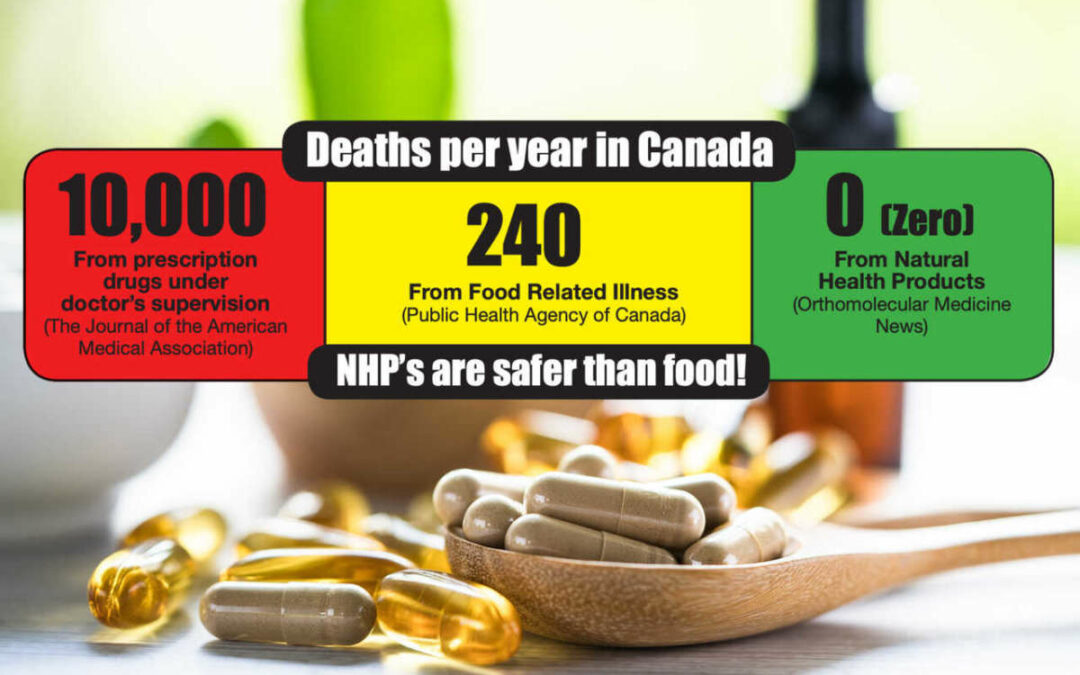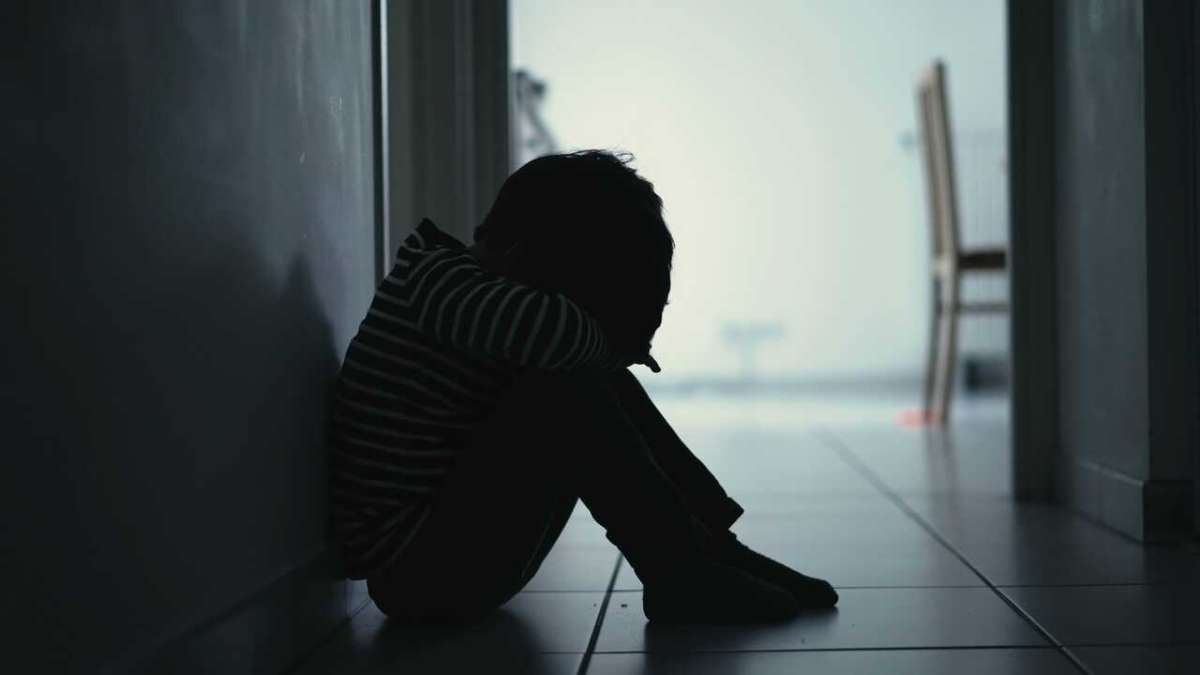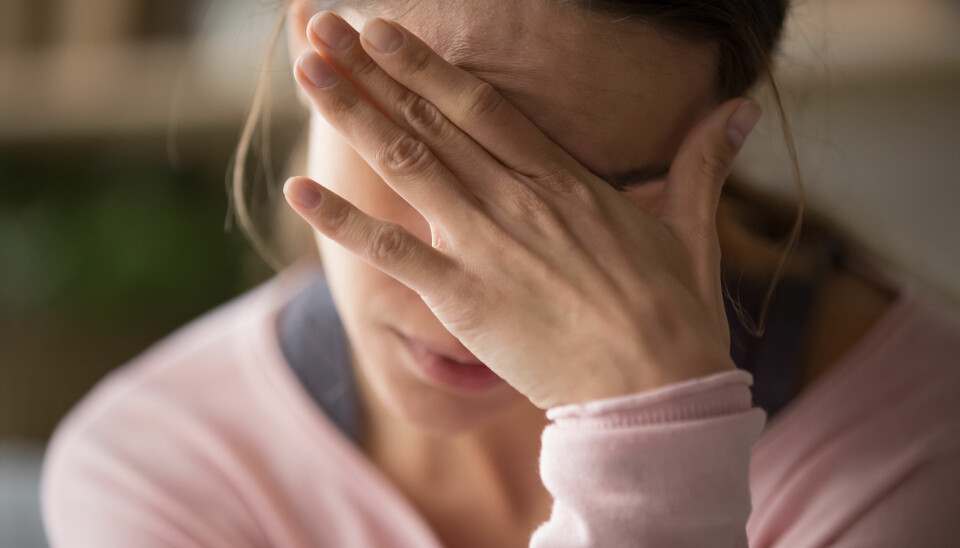Sabine forced herself to wake up. How long had it been since she’d realized everything? In the cloud of medicine, time appeared to disappear. Her former life and her family seemed like faraway recollections.
Bipolar disorder is a severe mental ailment that Sabine suffered from. She struggled with thoughts of suicide all the time. She was given several medications and held in a mental health facility to prevent her from hurting herself. She stayed in bed for most of the three years. Her suicide ideas returned whenever she became accustomed to the drugs, and she was admitted back to the hospital. Every time, a different concoction of medications would make her unconscious, prolonging her life.
Individuals with serious illnesses like Sabine don’t usually make it very far. The drugs that Health Canada had approved for Sabine and other people in similar circumstances were only a torturous postponement before death.
Sabine discovered EMPowerplus, a vitamin and mineral combination, as a novel treatment for severe bipolar disorder. She took the risk of trying it even though it was still being tested. It was successful, too! She was able to return to her job, her family, her friends, and her job after it saved her life.
She turned her life around from on the verge of death. One issue existed, though: she and the many others who depended on EMPowerplus were not allowed to use it any longer by Health Canada. Getting it away from them was what they desired. Something concerning Canadian drug laws was about to be revealed to Sabine. She would discover that generating money is the true goal, not preserving people’s health.
According to the regulations, only pharmaceuticals that have received a patent can be utilized to treat major illnesses. Every new medication must pass a drawn-out, costly approval process. Only pharmaceuticals with patents can afford this method because of its high cost. Furthermore, you can charge a lot of money for your medication if it has a patent.
 Therefore, our regulations are designed to allow the use of patented chemical medications solely for the treatment of severe medical conditions. This is deliberate; it’s not an error. Our drug laws safeguard patents rather than public health.
Therefore, our regulations are designed to allow the use of patented chemical medications solely for the treatment of severe medical conditions. This is deliberate; it’s not an error. Our drug laws safeguard patents rather than public health.
One of Sabine’s biggest challenges was that EMPowerplus was not patentable. Minerals and vitamins cannot be patented. This meant that they were unable to secure the funding necessary to complete the necessary steps to get the medicine approved. Vitamins and minerals are prohibited under our drug regulations from being utilized to treat major health issues without a prescription. Health Canada forced them to cease distributing EMPowerplus because it was prohibited.
Health Canada ignored the warnings from psychiatrists, physicians, and patients of Truehope, the business that makes EMPowerplus, that people would die if they stopped selling it. They also stopped shipments from the United States at the border and dispatched armed police to raid the enterprise. Then deaths began to occur. The former head of a mental health group Ron LaJeunesse used to speak out whenever one of the group members passed away. When they observed what was going on, they became enraged. Health Canada then had second thoughts and allowed shipments to go once more.
But Health Canada didn’t stop there. They took the company to court for selling without permission. But the company won the case. The court said they needed to sell EMPowerplus to avoid harm. This is rare. Usually, the courts follow the law, which says you can only use chemical drugs for serious health problems. This leads to a big question: our laws treat us like children. We can’t choose our treatments if Health Canada doesn’t approve. And Health Canada gets rid of any treatments they don’t like, so we have no options. They have all the power. Basically, in Canada, our laws say:
“In Canada, only Health Canada decides which treatments you can get. If the ones they approve don’t work for you, you can’t try anything else. Any treatments they don’t approve are removed from the market.“
People like Sabine, who felt that certain permitted therapies were damaging, ought to have the freedom to decide what is best for their bodies, in my opinion. Not just in dire circumstances, but in every situation, we ought to be free to make our own health-related decisions. Sadly, Health Canada is making it more difficult for us to obtain natural health products (NHPs), which are chemical medicine substitutes. The Self-Care Framework (SCF) is being introduced, and it will limit our ability to see the majority of NHPs. This comes after a similar action taken in 2004 that partially controlled natural items like pharmaceuticals.
Natural products are accepted as safe and can be sold in the United States without a government license. However, they are regarded as dangerous in Canada and require permission to be sold. Regulations of NHPs will tighten under the SCF, making access to them more difficult.
Health professionals who utilize NHPs will be impacted by these developments, which will eliminate many of them from the market. The only treatments we’ll have left are chemical medications. This relates to our autonomy to determine what is healthiest for our bodies. While NHPs are frequently mentioned as having concerns, in reality, their risks are negligible when compared to commonplace items like peanut butter and lightning.
People who depend on NHPs for their health, like Sabine, are seriously at risk from these laws. Health Canada is not taking this risk seriously enough. We must weigh the risks and defend our right to optimal health. Making an impact requires backing groups like the Natural Health Product Protection Association (NHPPA). They are against the SCF and in favor of the Charter of Health Freedom. Since more than 70% of Canadians use NHPs regularly, we must work together to protect our access to them. The SCF is part of a global effort to standardize drug laws and to maintain control over our health choices, we must raise awareness and take action. Joining the NHPPA campaign is a step toward defending our health rights.







